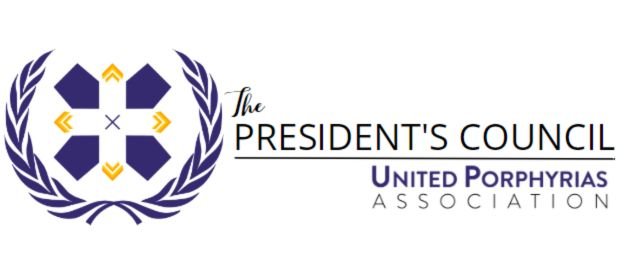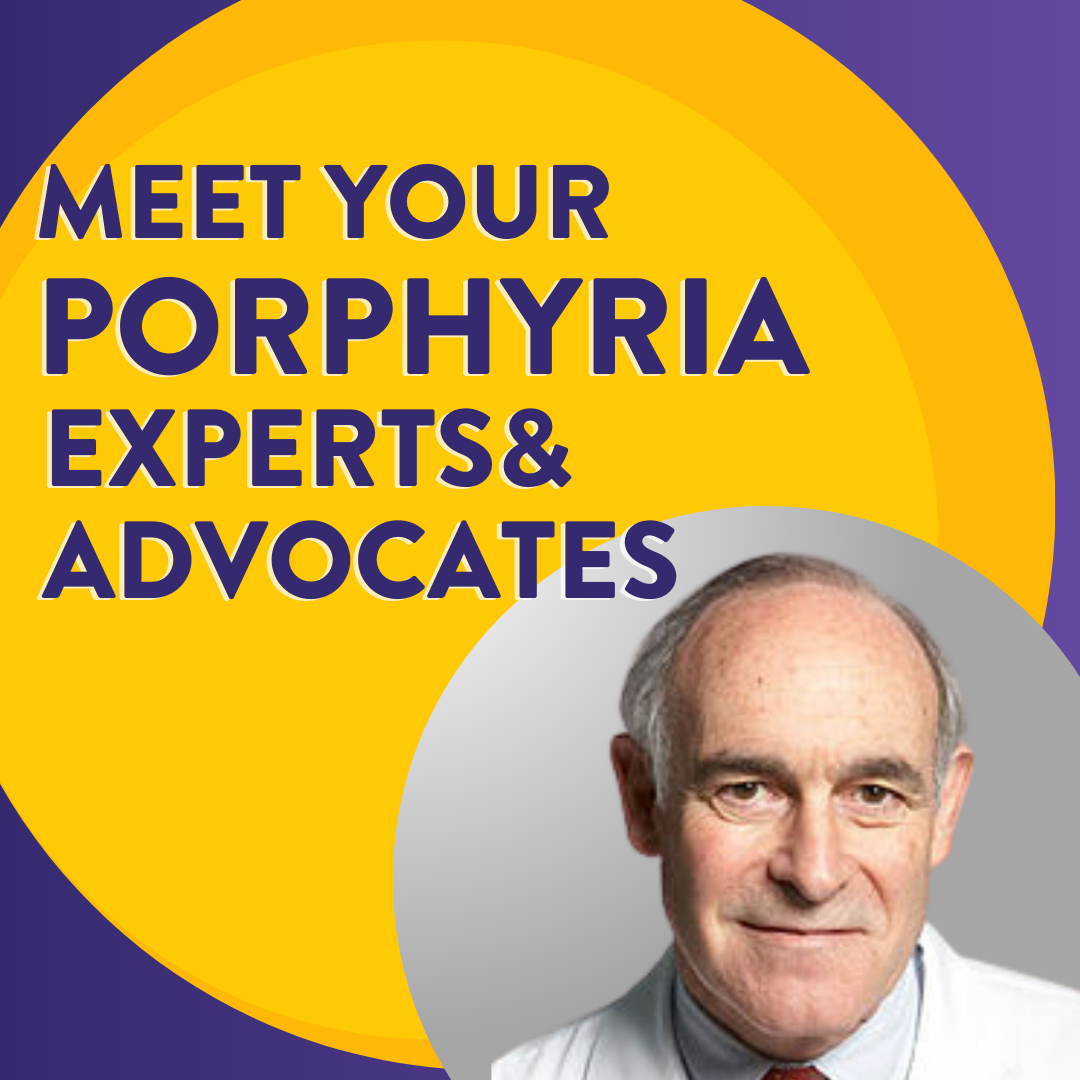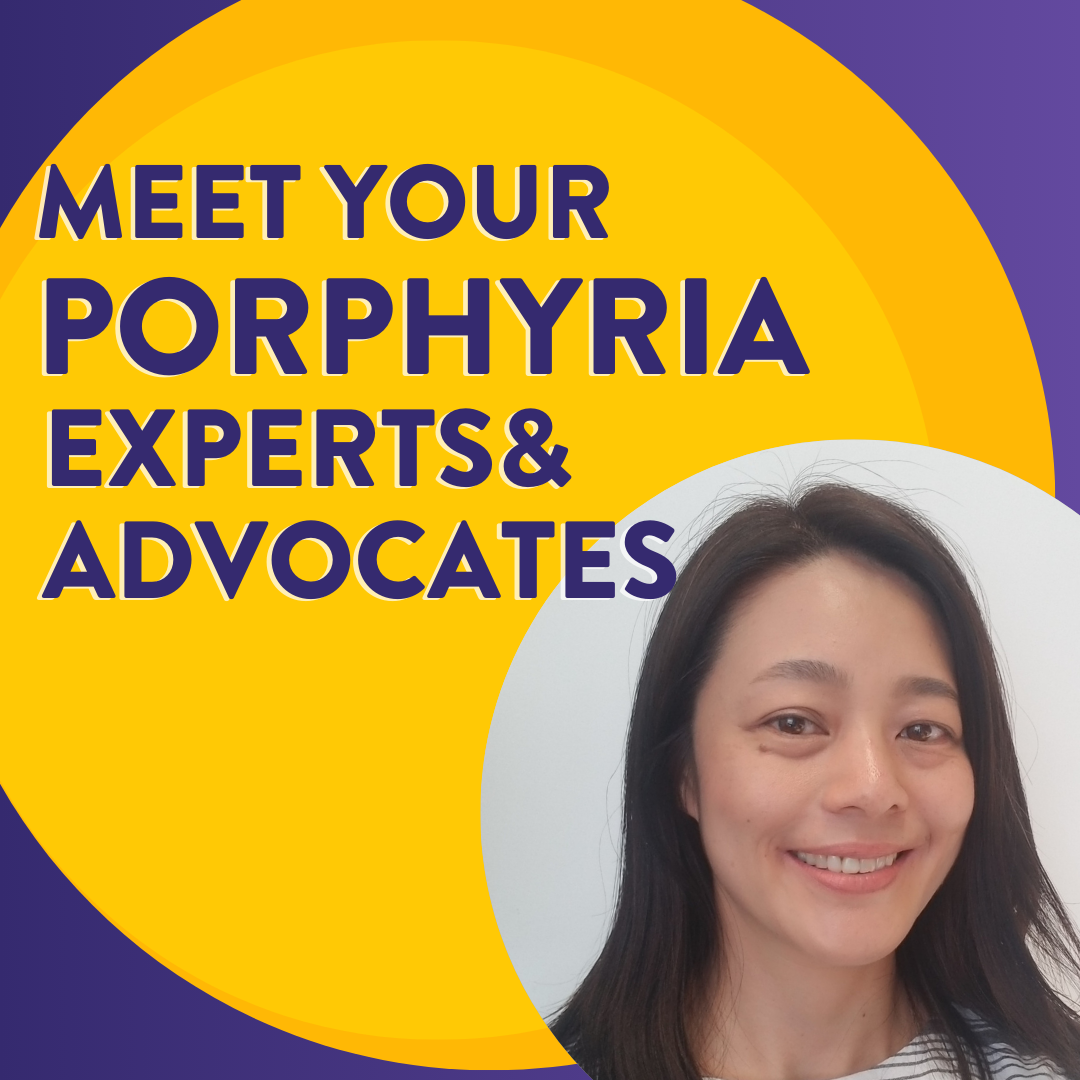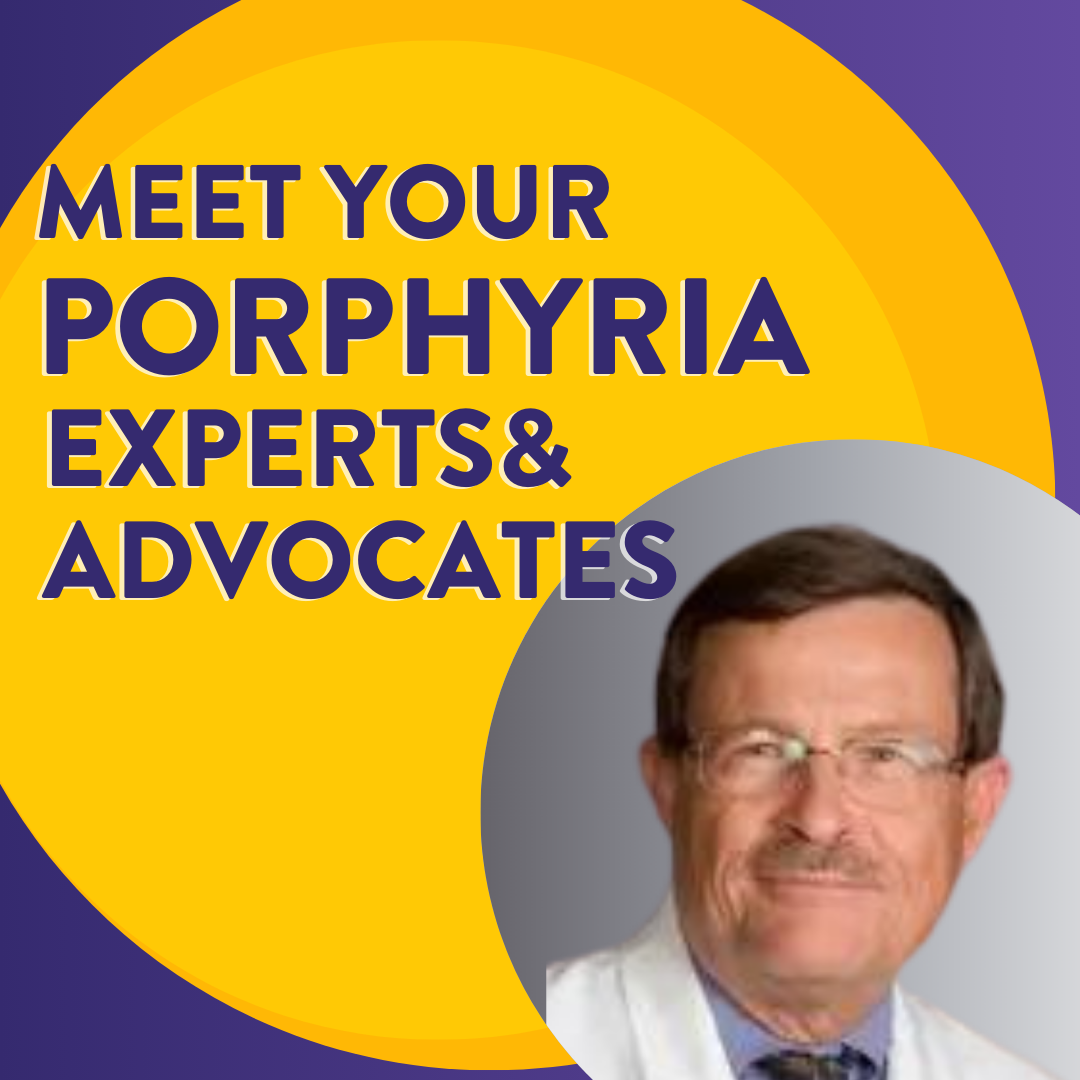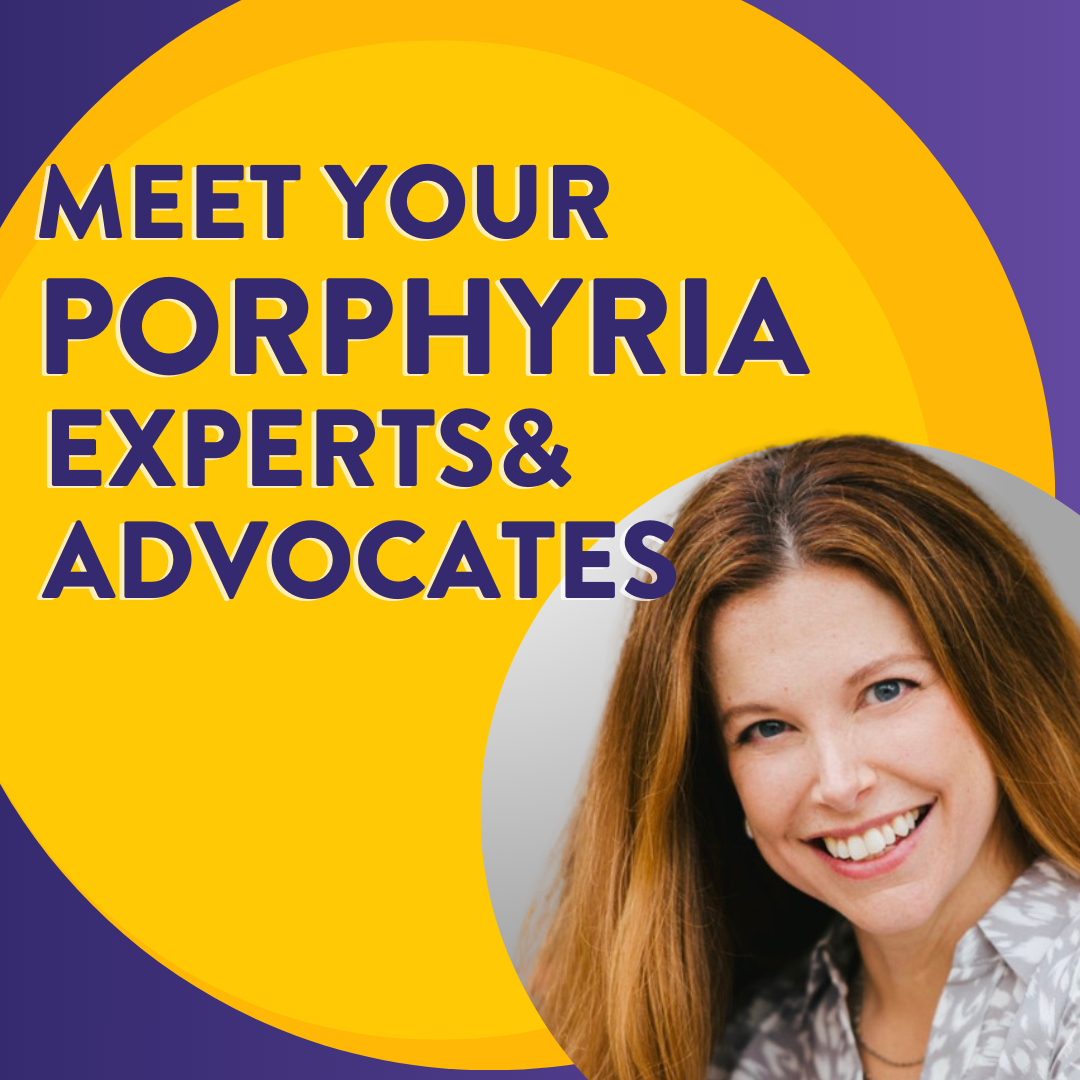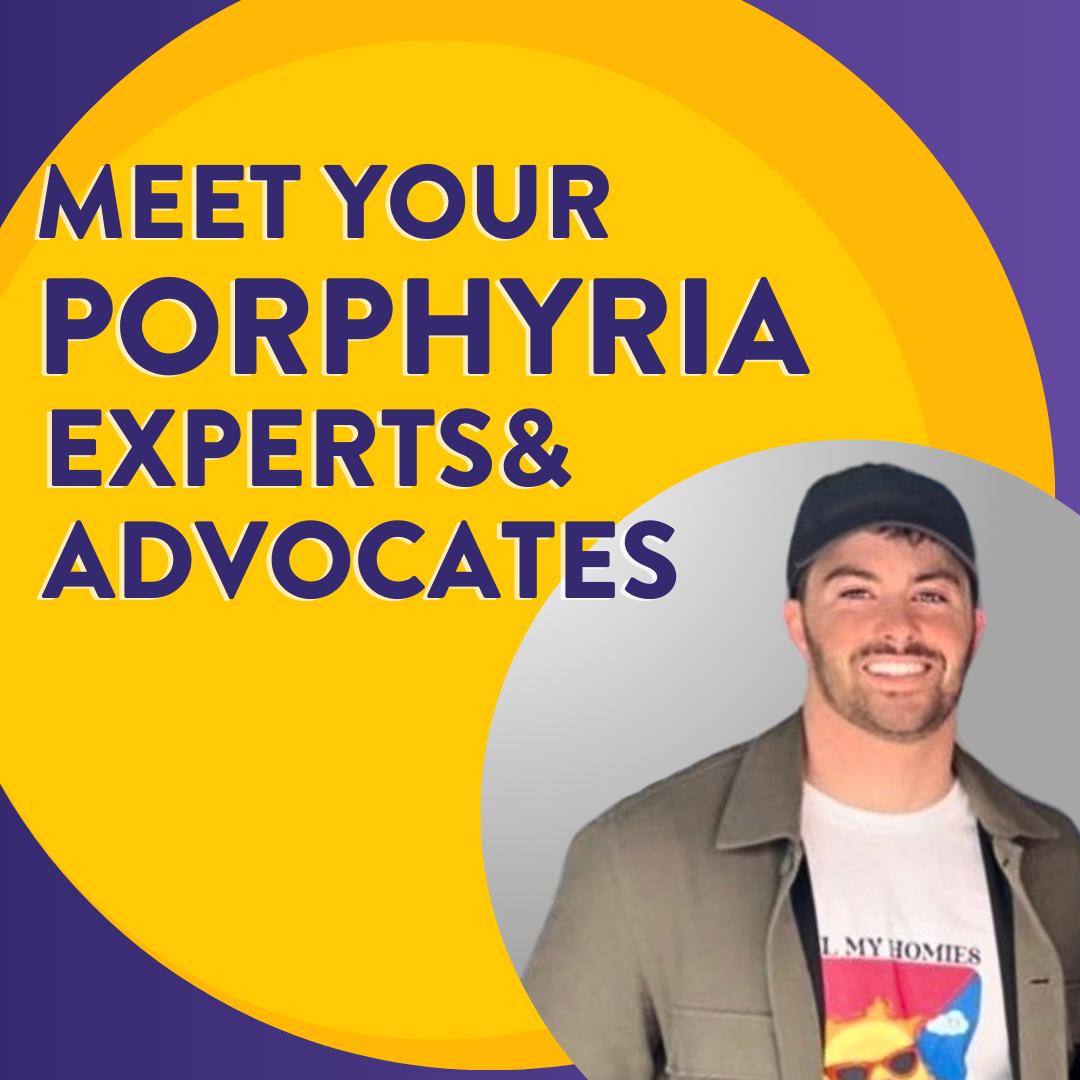Meet Padmini Pillai, PhD and UPA President's Council Chair
The porphyria community is lucky to be supported by dedicated physicians, researchers and advocates who work tirelessly to improve care and development new treatments for porphyria. The United Porphyrias Association is pleased to introduce you to some of them!
You have to figure it out for your own body and trust that you know your body better than anybody else. I think that's where having a community of other patients and patient advocates is important because it can give you that confidence, security, friendship, and empathy that you're doing what's right for you.
-Padmini Pillai, PhD
Can you tell us a bit about yourself and your connection to porphyria?
I am from the Boston area -- born and raised, and I am a scientist. I got my PhD in Immunobiology at Yale where my research focused on how the immune system responds to flu infection, particularly in the elderly who are more susceptible. Now I’m applying my knowledge of immunology and biomaterials to treat cancer. I’m working at MIT in Prof. Robert Langer’s lab using the same technology as some of the covid vaccines – mRNA delivery -- to force tumor cells to commit suicide and boost antitumor immunity!
I have acute intermittent porphyria.
I was diagnosed in 2013 when I was in grad school. I had never had any symptoms before. Basically, I had a really busy week and I was a little bit sleep-deprived. On Thursday of that week, I had what I thought was a stomach bug. I went to Yale Health, and they gave me some fluids and sent me home. I got worse, so I went back and they were like, “you know what? I think your appendix is gonna blow,” so they put me in an ambulance to Yale New Haven Hospital (YNHH) and started running tests. I was super jaundiced, my liver and pancreatic enzymes were totally whack, and I had excruciating abdominal pain.
I was admitted on a Saturday and was diagnosed 4 days later, not by the doctors at the hospital but by my aunt! I got really lucky. During those four days, I was poked and prodded by every department at YNHH, from OB/GYN to nephrology. On Wednesday morning, they told me they were going to do exploratory laparoscopic surgery to figure out what was going on. I was really not doing well and was kind of out of it, so I was like, “yeah, yeah, do whatever you want.” Then my aunt, who is an amazing physician and had heard my symptoms through my parents, called me and said, “I think you have acute intermittent porphyria. Don't let them touch you. Let them keep giving you the morphine but stop everything else, and get the attending and tell them to check your urine and your blood”.
I’m very lucky and privileged that I was able to get a diagnosis so quickly and that when I said “I think I have porphyria”, they took me seriously and ordered the tests.
Has life changed for you since you got diagnosed?
Having nearly died and experienced what I did, it made me really see each day in a whole new way and feel gratitude for everything I’m able to do.
After the first attack, I went home to parents’ house to recover but the AIP attack resumed within 48 hours. I was hospitalized for another 8 days. I was really scared that this was what my life was going to look like from now on -- just in and out of the hospital. It took me about three months to get back to full energy. For weeks, I was too tired to stay at lab for more than a few hours. I would get to my desk and I'd be too exhausted to do anything. It was really, really frustrating.
I've only had one more real attack after that. There’s been a few times where I felt an attack was coming on, but I got prophylactic heme infusions and felt like a 1,000,000 bucks afterwards.
How did you first get involved in advocating for porphyria? What do you see as important issues that need to be addressed?
I’m very lucky that Dr. Amy Dickey is my porphyria specialist. I was getting prophylactic heme in 2018 when I met Dr. Dickey, and she invited me to come to Massachusetts General Hospital (MGH) the next week to give Resident’s Report with her if I was feeling better. We ended up doing a bunch of Grand Rounds as well. I was able to talk about my experiences with AIP and remind them that it can look completely different depending on the patient. The feedback was cool, most doctors said they hadn’t heard about porphyria since medical school, so now they could remember to look out for it.
Improving health equity in the United States is something I’ve been very focused on, especially during the COVID pandemic. I'd like to do more when it comes to improving the diagnosis of the porphyrias, especially AIP. I think it’s underdiagnosed. This could have a disproportionate impact on individuals from communities that experience a lot of racism in healthcare. I was lucky to have my symptoms taken seriously, but I wonder if someone with a different background or someone who didn’t have the support network I did had shown up with my symptoms, would they have gotten the pain medication, the care, and the diagnosis they needed?
You are the Chair of the UPA’s President's Council! Can you tell us about the President’s Council?
The focus of the President’s Council is patient advocacy and being a conduit between patients, their families, doctors, researchers, and pharma. We’re connecting everyone together.
Patients help inform how trials are conducted, doctors need to know how patients are feeling and, as patients we need to know what's going on in clinical trials and research. The President’s Council plays critical role in facilitating all the in-between in these different groups. The Council’s still at the foundational stages and there’s a lot of work to be done, but I think we can make a huge impact.
Do you have any advice for other patients who have porphyria or their family members who want to advocate for themselves or get involved in advocacy work?
You need to build your support network. It’s so important to have people in your family or friend circle who know how to take care of you, who understand the disease, and can advocate for you in the hospital and doctor’s office. UPA can really help in terms of resources – with information on your condition and helping to find a porphyria specialist, and getting you connected to patient trials and patient conferences.
It’s important to have people to talk to, and your family and friends need their own support network too. There's so much we don't know about these diseases and so much is patient-specific. With AIP, everybody has different symptoms, and everybody has different triggers too. I think the toughest part is that no one really has a lot of the answers. A doctor or a nutritionist is not necessarily going to be able to tell you what your triggers are. You have to figure it out for your own body and trust that you know your body better than anybody else. I think that's where having a community of other patients and patient advocates is important because it can give you that confidence, security, friendship, and empathy that you're doing what's right for you.
Padmini is the Chair of the UPA's President's Council. Our President’s Council members are patients, caregivers, and advocates with a relationship to porphyria who partner to ensure the highest standard of patient-centered activities at the United Porphyrias Association.



